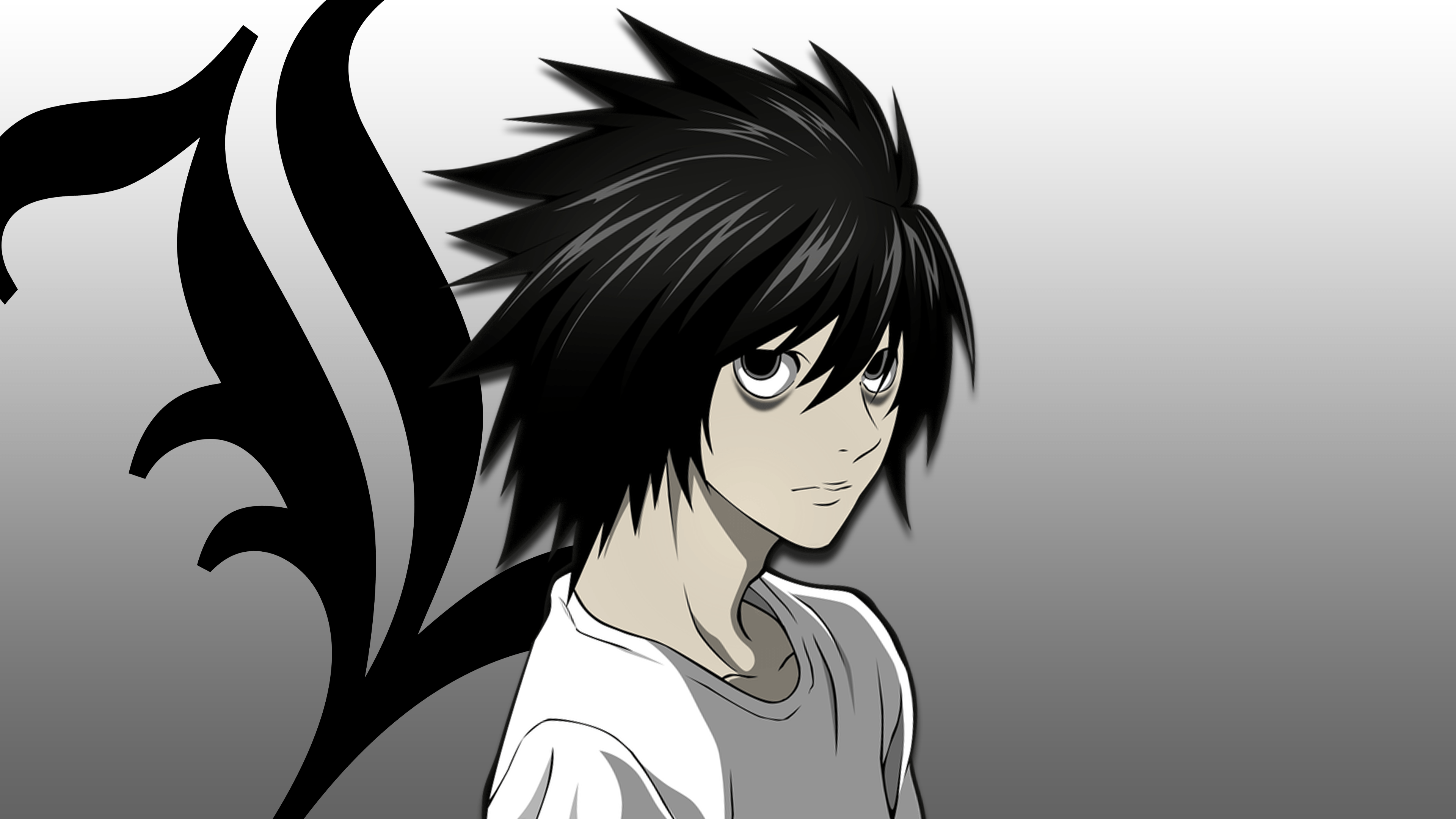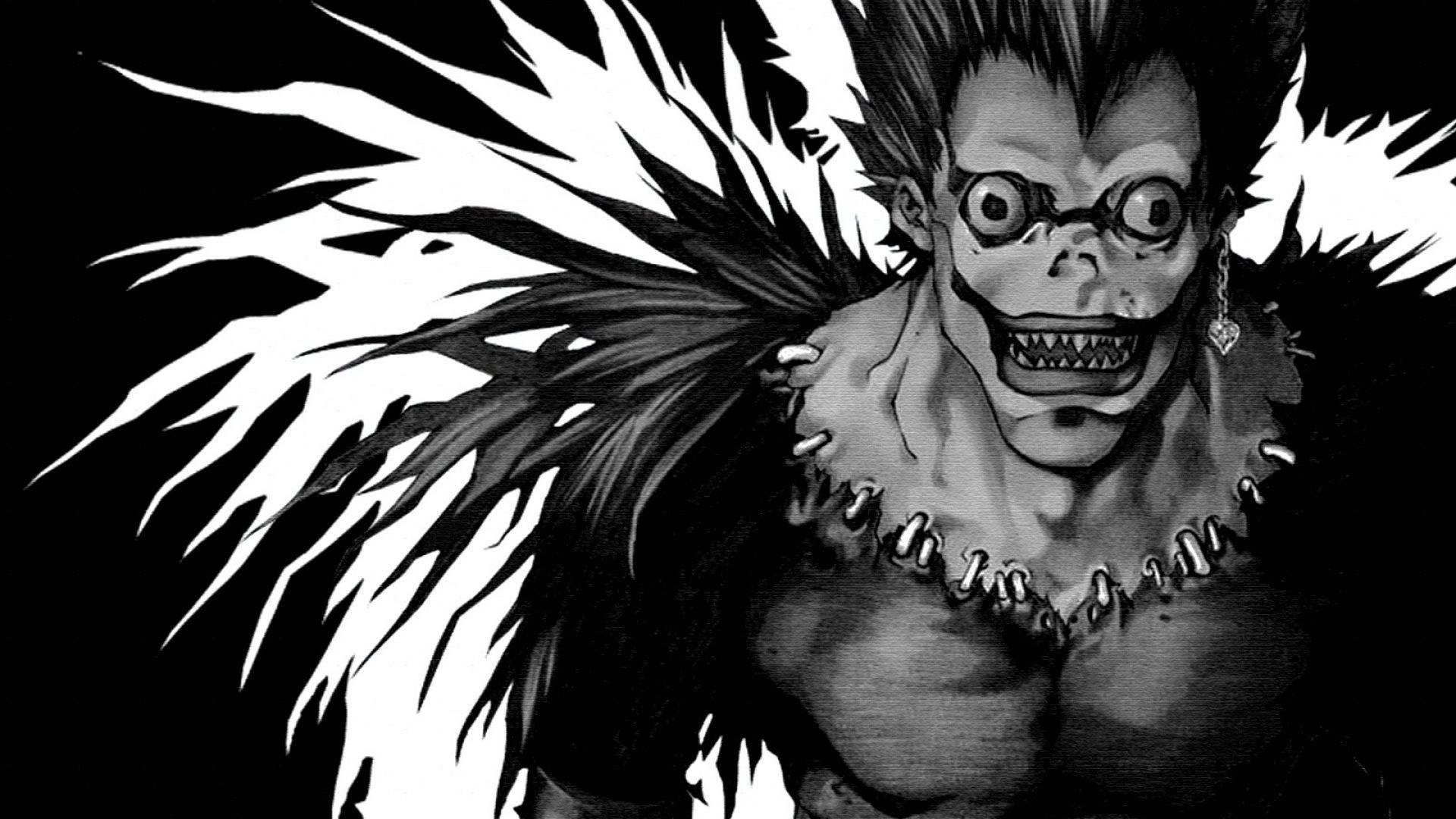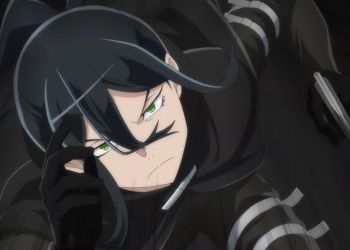Death Note is a popular anime and manga series known for its thrilling plot, intricate characters, and unique concept. The story follows Light Yagami, a high school student who discovers a mysterious notebook that gives him the power to kill anyone whose name he writes in it. As Light begins to use the notebook to rid the world of criminals, he attracts the attention of a brilliant detective known only as “L,” leading to a cat-and-mouse game that keeps viewers on the edge of their seats.
While the plot of Death Note is undoubtedly thrilling, fans of the series have also been fascinated by the hidden meanings behind the names of the characters. Each name seems to have been carefully chosen to reflect the personality and motivations of the character, adding an extra layer of depth to the story.

Why do Death Note characters have symbolic names?
The characters in Death Note have names that are full of symbolic significance, which adds an extra layer of depth to the story. The series’ creators, Tsugumi Ohba and Takeshi Obata, wanted to give each character a name that reflected their personality, motivations, and role in the story. This attention to detail in the naming of the characters showcases the creativity and skill of the creators, and it is one of the reasons why Death Note is such a compelling and thought-provoking series.
Light Yagami: The Protagonist with a God Complex
The name “Light Yagami” has several symbolic meanings. The first name “Light” can be seen as a reference to the protagonist’s desire to bring light to the world by ridding it of criminals. However, it can also be interpreted as a reference to his god complex and his belief that he is the light that will guide humanity to a better future.
The last name “Yagami” is also significant. In Japanese, “ya” means “eight,” while “gami” means “god.” This name can be interpreted as a reference to the eight million gods in the Shinto religion, suggesting that Light sees himself as a god among many.
L: The Mysterious Detective
While the detective known only as “L” doesn’t have a real name, his initial is highly symbolic. In the Western alphabet, “L” is the twelfth letter, and in tarot, the twelfth card is “The Hanged Man.” This card represents a person who has sacrificed themselves for a higher purpose, which could be interpreted as a reference to L’s willingness to put his life on the line to catch Light.
Ryuk: The Shinigami
Ryuk is a Shinigami, a god of death who drops the Death Note into the human world. The name “Ryuk” is derived from the Japanese word for “dragon” or “sea serpent.” This name is fitting, as Ryuk is a mysterious and powerful creature who has the ability to manipulate the lives of humans.
Misa Amane: The Idol
Misa Amane is a popular idol and actress who became involved with Light. Her name can be interpreted as a reference to her role as a “mass” or “group” in the entertainment industry. “Misa” sounds similar to the Japanese word for “mass,” while “Amane” means “group” or “crowd.” This name suggests that Misa is a product of the entertainment industry and is seen as a commodity rather than an individual.
Near: The Successor to L
Near is a young detective who is chosen to succeed L after his death. His name is likely a reference to his position as L’s successor, as “near” means “close” or “proximity.” It could also be interpreted as a reference to his ability to get close to the truth and solve mysteries.
Conclusion
The names of the characters in Death Note are full of symbolic significance and add an extra layer of depth to the already complex story. Whether it’s Light’s god complex, L’s willingness to sacrifice himself, or Ryuk’s mysterious power, each name seems to have been chosen with care to reflect the character’s personality and motivations. The thoughtfulness and intricacy of the world-building in Death Note are a testament to the creativity and skill of the series’ creators, and it is these details that have captured the hearts and minds of fans around the world.





